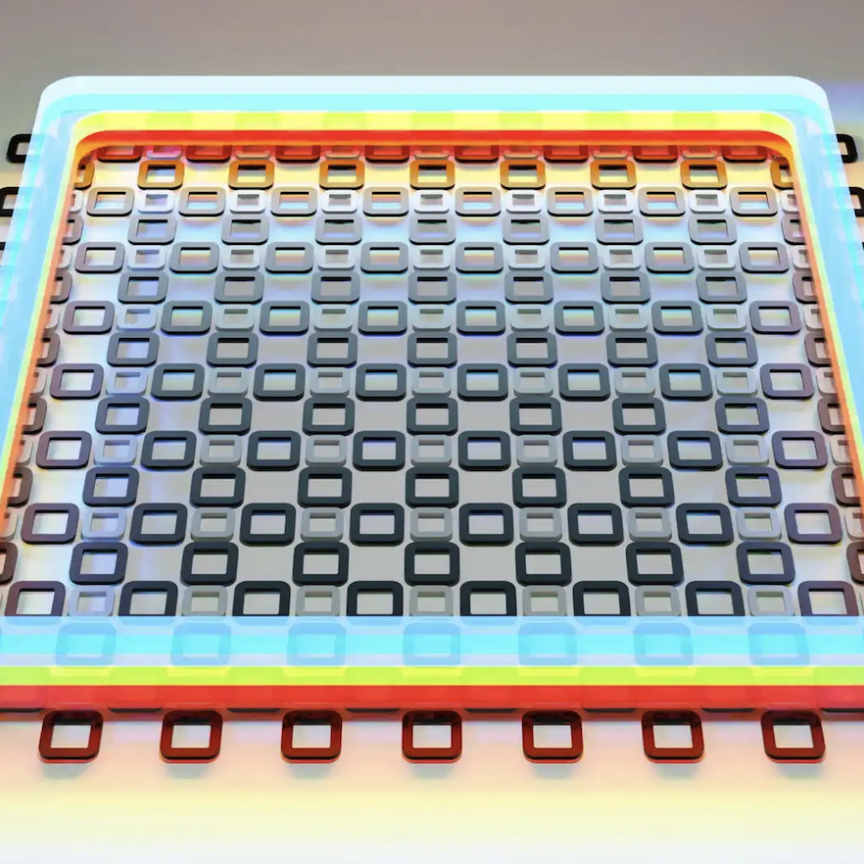A scientist who created black holes in his lab and a camera that can see round corners has been awarded the Philip Levenhulme prize for his research in photonics and light-based technologies. Professor Daniele Faccio will use the £100,000 prize money to create black hole event horizons, a boundary in spacetime beyond which events cannot affect an outside observer; often described as ‘the point of no return'.
Currently leading the Extreme Light group within Heriot-Watt University’s Institute of Photonics and Quantum Sciences in Scotland, Professor Faccio is one of just 30 academics in the UK to receive a 2015 Philip Leverhulme Prize.
His next stage of research will involve using light at its extremes, combining very intense light with light at its weakest to warp the spacetime structure.
‘Light surrounds us, it allows us to see, it heats us and provides the planet with energy. It also remains one of the main investigative tools for a scientist,’ Professor Faccio said.
‘At higher intensities, we have found that we can transform light into a superfluid with remarkable properties and implications,’ he added. ‘For example, we can use these photon superfluids to mimic the spacetime geometries of gravitational fields. These experiments allow us to probe the nature of the interaction between curved spacetime geometries and the quantum world.
‘We’re building on our previous research and success with black holes to recreate the event horizon, the point of no return. All the advances we have made until now are providing us with a new way of thinking about light and about what we can do with it.’
Further information
Heriot-Watt University’s Institute of Photonics and Quantum Sciences

